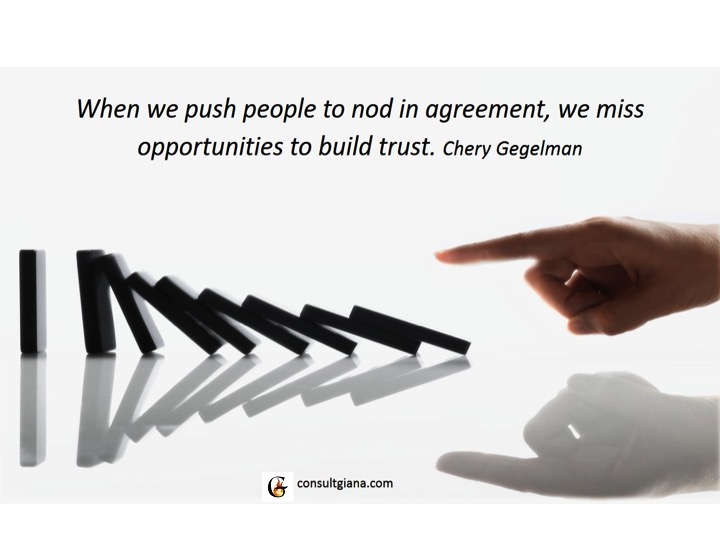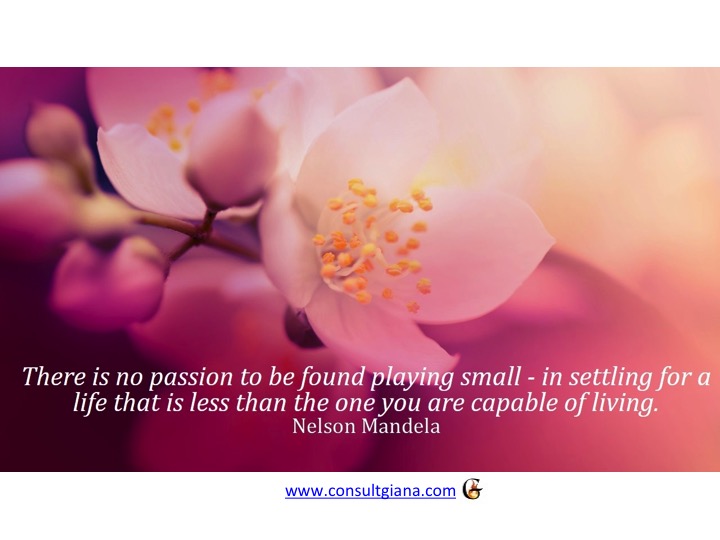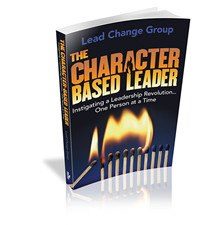
In 1999 I read Stephen Covey’s book, The 7 Habits of Highly Effective People for the first time. One of the stories in that book that captured my attention was about David Lilienthal, a man that was commissioned to head the new Atomic Energy Commission.
He brought together a very diverse bunch of influential individuals. And although they had a huge agenda and the press was pushing them for results he believed that efficiency was not the first priority – synergy was. So he wisely invested time facilitating relationship building, causing them to deeply understand each other’s history, goals, passions, and perspectives and transforming a group of individuals into a passionate team.
This is how Stephen Covey describes the result: “The respect among the members of the commission was so high that if there was disagreement, instead of opposition and defense, there was a genuine effort to understand. The attitude was, “If a person of your intelligence and competence and commitment disagrees with me, then there must be something to your disagreement that I don’t understand, and I need to understand it. You have a perspective, a frame of reference I need to look at.”







